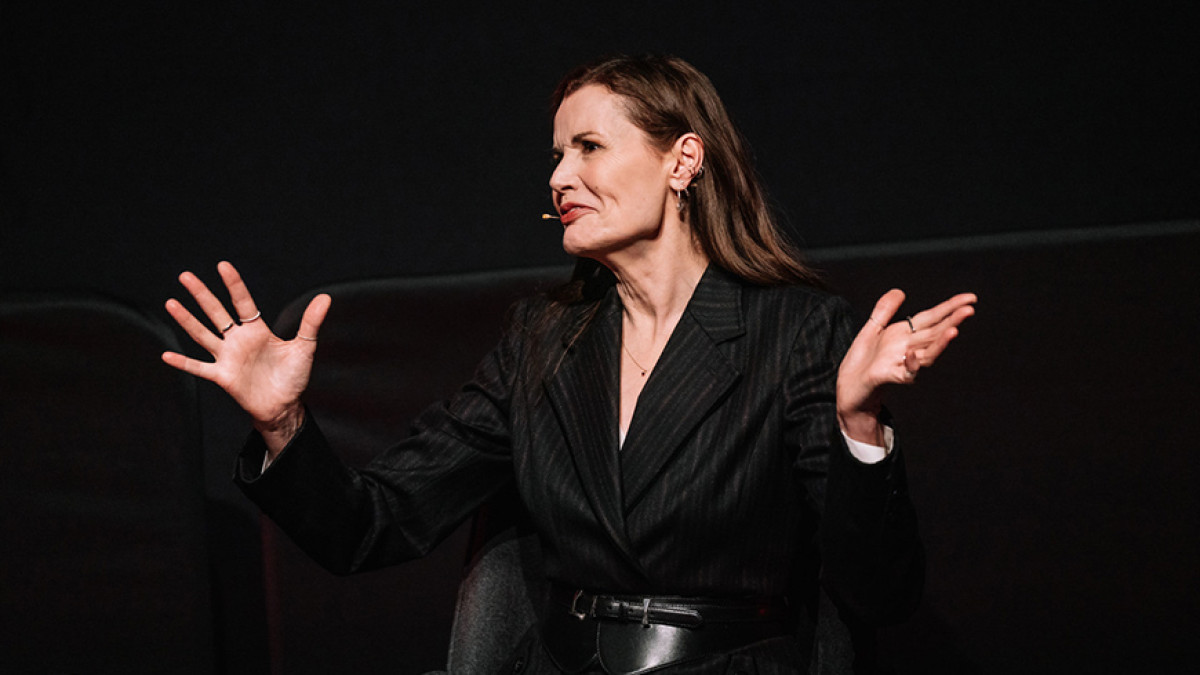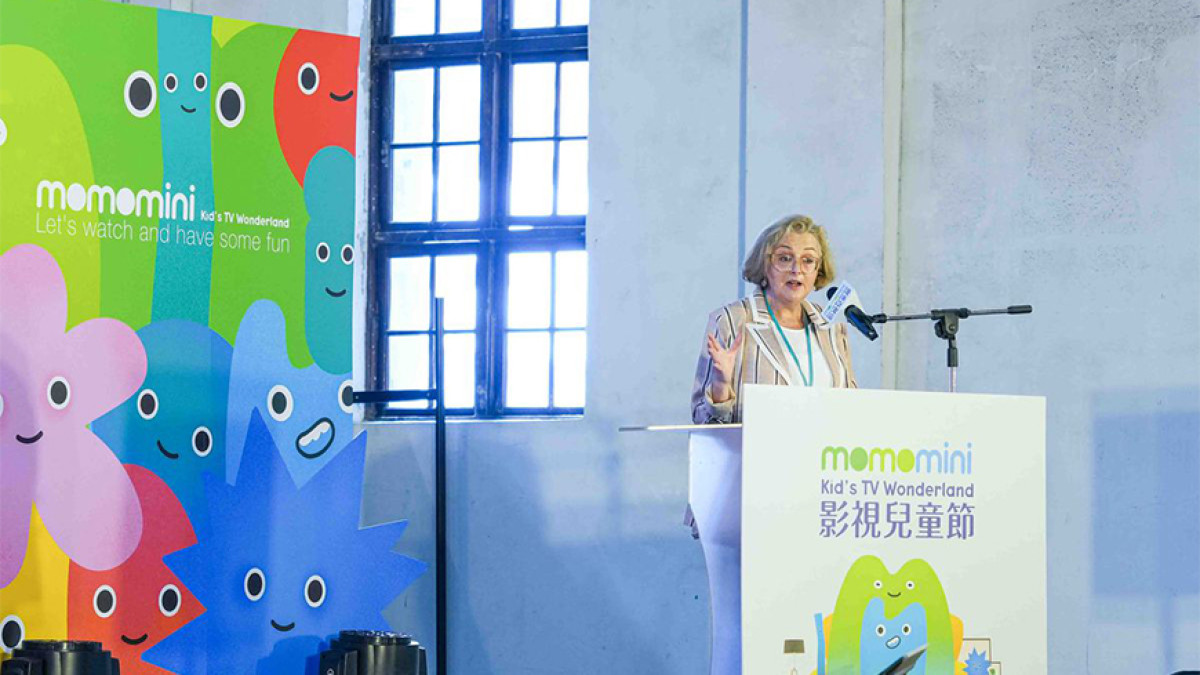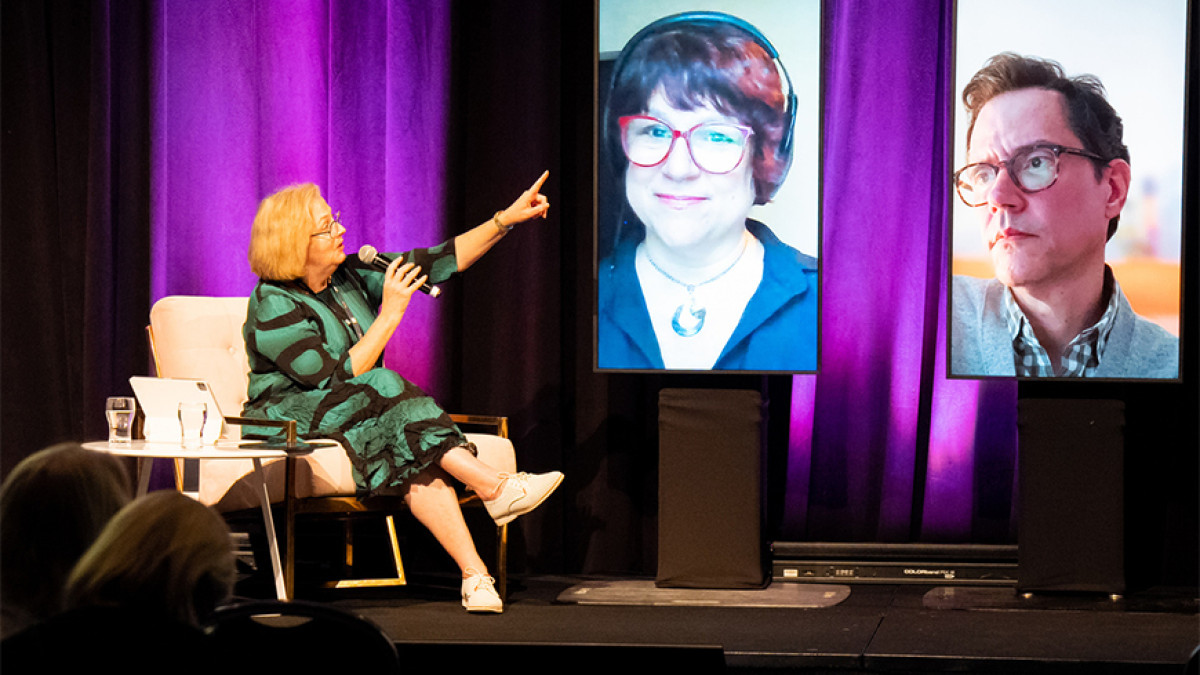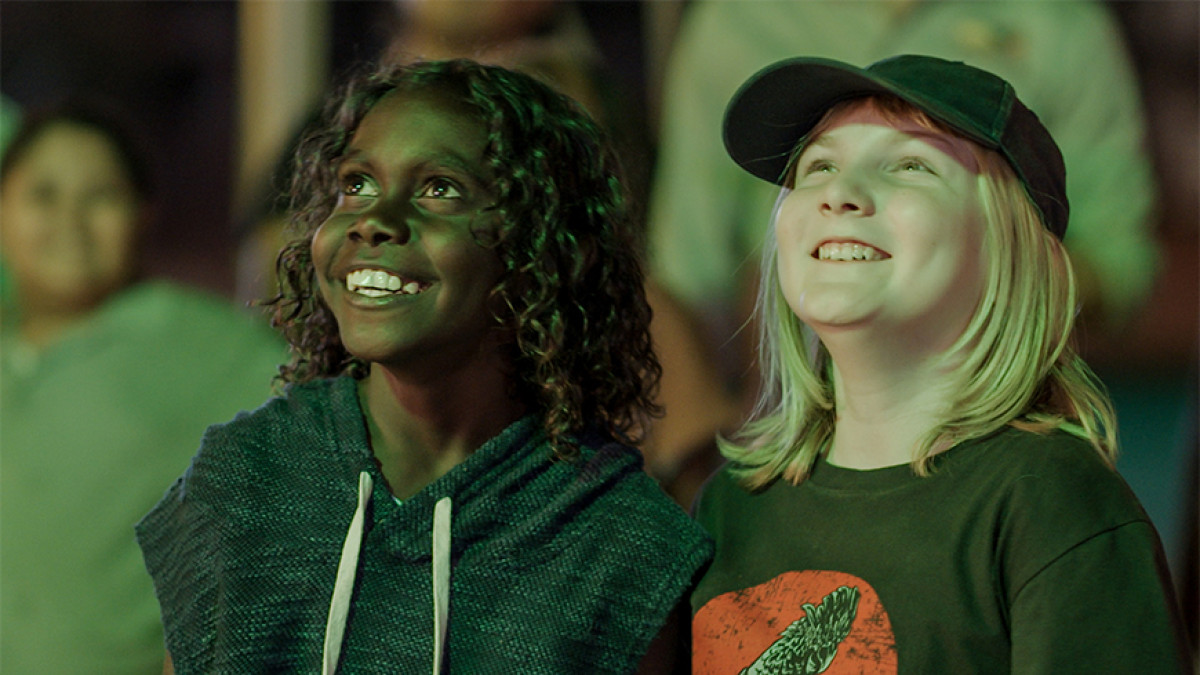ACTF News

Screen content has the power to educate audiences, shape our culture and build community. It also holds immense power when we see ourselves and our lives reflected back through the screen.‚ÄØ
Presented in partnership with the Geena Davis Institute on Gender in Media, one of the world leaders in research and advocacy for representation of diversity on screens, ACMI’s Being Seen on Screen: The Importance of Representation Conference pulled back the curtain on how Australia’s intersectional society is represented across the screen.‚ÄØ
A series of thoughtful panel discussions provided a stage for actors, activists, writers, directors, academics and creators to explore gender, sexuality, body image, ageing and diversity with a special focus on Australian created content. While most panels focused on content for adults, the keynote speech by Geena Davis, two-time Academy Award winning actor and leader in challenging gender balance and Hollywood power structures, dedicated space to discuss how children’s content inspired her advocacy.‚ÄØ
As the Founder and Chair of the Geena Davis Institute on Gender in the Media, Davis shared how observing representation in children’s screen content underpinned the beginning of this global research-based organisation in 2004.
“The stories that we choose to tell in entertainment media send a specific message about who matters most in our culture. In order to bring about a global culture change, it is especially important that children see diverse, intersectional representations of characters in media to reflect the population of the world — which is half female and very diverse — and avoid unwittingly instilling unconscious bias in them.”‚ÄØ
- Geena Davis Institute on Gender in Media‚ÄØ
It wasn’t until Davis began watching television with her then two-year-old daughter that she realised how underrepresented females were, and how this underrepresentation was creating unconscious bias. In an initial assessment of American children’s screen entertainment in 2004, Davis found that females represented just 11 per cent of the lead characters, and those female characters who did feature were narrowly stereotyped and overtly sexualised. “Feeding our youngest kids this imbalance from the very beginning, we are unwittingly training them to have unconscious bias,” Davis told the audience.
When Geena began broaching the issue with industry heavyweights in Hollywood, creators were horrified at the numbers. Her campaigning contributed to a marked attempt to break the cycle of unconscious bias in children’s television.
Today, the data from the Institute shows that 50% of both lead and supporting characters in children’s television and movies in the US are girls or women. As Davis notes, we need to make sure that this growth continues and that the change is not just focused on gender but on ensuring that screen content represents the full diversity of our communities, including people of colour, LGBTIQ + characters, people with disabilities, and characters of all ages and body types.
Here in Australia, our own data on on-screen representation is already being interrogated. The Screen Australia report Seeing Ourselves 2, released April 2023, examines the diversity of the main characters in scripted Australian television drama broadcast between 2016 and 2021, how this compares to the Australian population, and what has changed since the previous study in 2016. The report highlights the positive change and room for growth in children’s content.
"Levels of cultural diversity are higher in children’s programming than general drama and have increased since the previous study in terms of First Nations representation and characters from non-European backgrounds. However, levels of disability and LGBTIQ + representation are much lower among children’s titles compared to general TV drama titles.” - Seeing Ourselves 2
While positive change is occurring across the globe and here in Australia, a continuous call to action is required so that every Australian child can see themselves reflected on screen. We must challenge and support each other to include, collaborate and consult with members of all communities to create a world on screen that is a true mirror to all lived experiences. At the ACTF we are hopeful and excited for a future where we continue to value diversity and inclusion and ensure current and future generations have the opportunity to tell their stories and be seen on screen.
This article was written by Bridget Hanna, who attended the Being Seen on Screen Conference in April.



